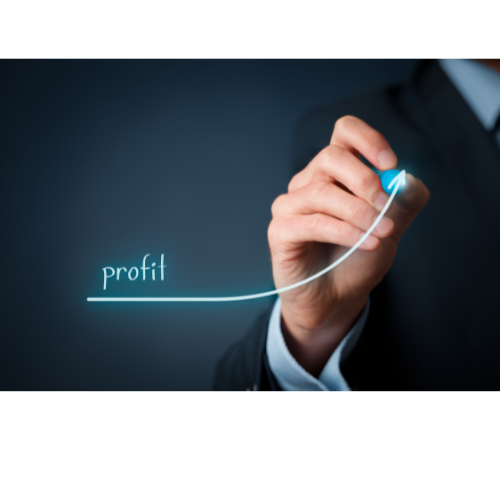Ecommerce has reshaped the buying experience, creating a need for businesses to understand and optimize their ecommerce funnels. A well-structured ecommerce funnel is a pathway guiding potential customers seamlessly from awareness to conversion. Here, we’ll explore the ecommerce funnel stages and offer insights using real-world examples for a more comprehensive approach to boost your online sales.
-
Awareness Stage:
- Strategy: Utilize SEO, PPC, and social media marketing.
- Example: An engaging Instagram ad campaign showcasing your unique products.
-
Interest Stage:
- Strategy: Develop engaging content and email marketing campaigns.
- Example: A series of informative blog posts about the benefits of your products, linking back to your online store.
-
Consideration Stage:
- Strategy: Employ retargeting ads, product demos, and customer reviews.
- Example: Retargeting ads featuring a popular product and showcasing positive customer testimonials.
-
Conversion Stage:
- Strategy: Optimize the checkout process, offer limited-time discounts, and employ urgency.
- Example: A streamlined checkout process with a time-sensitive discount code.
-
Retention Stage:
- Strategy: Implement loyalty programs, ask for feedback, and offer exclusive deals.
- Example: A loyalty program offering discounts and early access to new products for repeat customers.
By understanding and optimizing each stage of the ecommerce funnel, businesses can enhance the customer journey, leading to increased conversions and customer retention.




